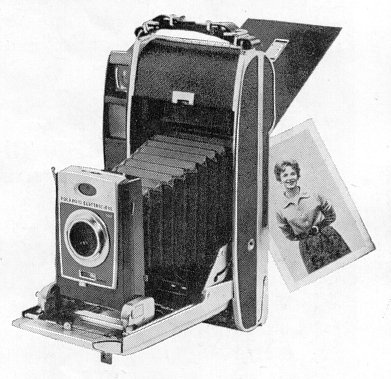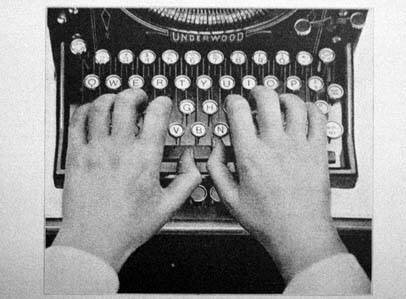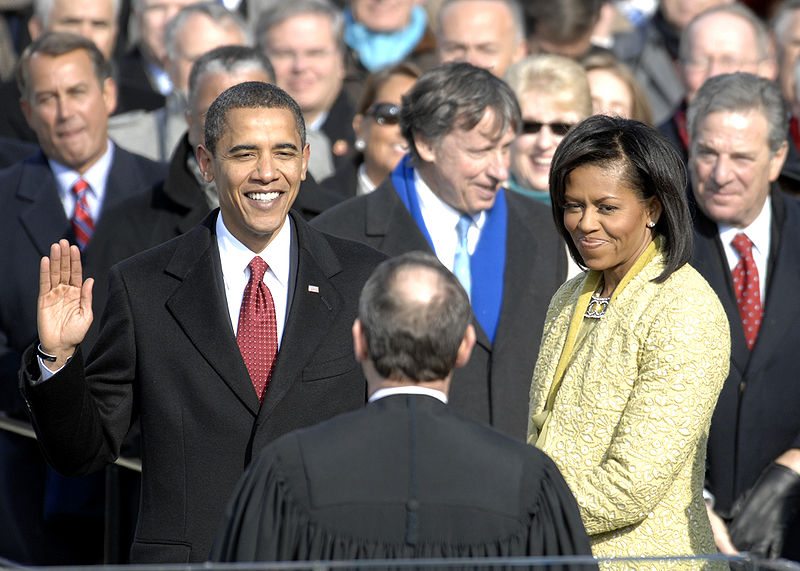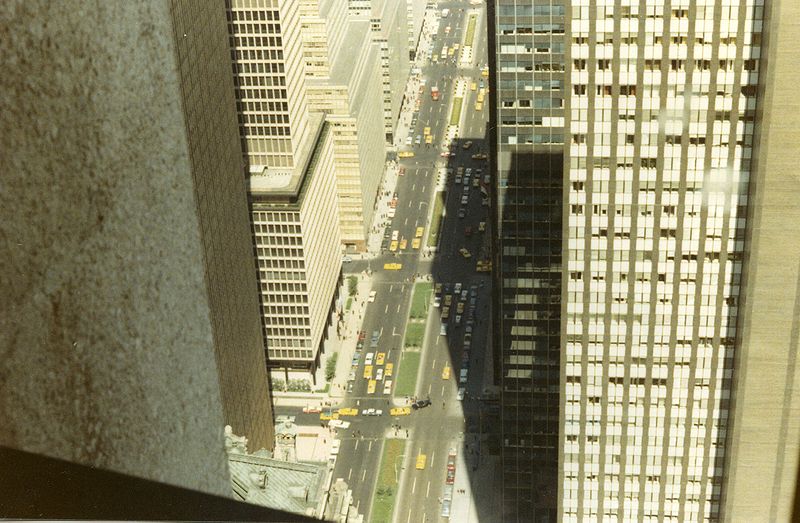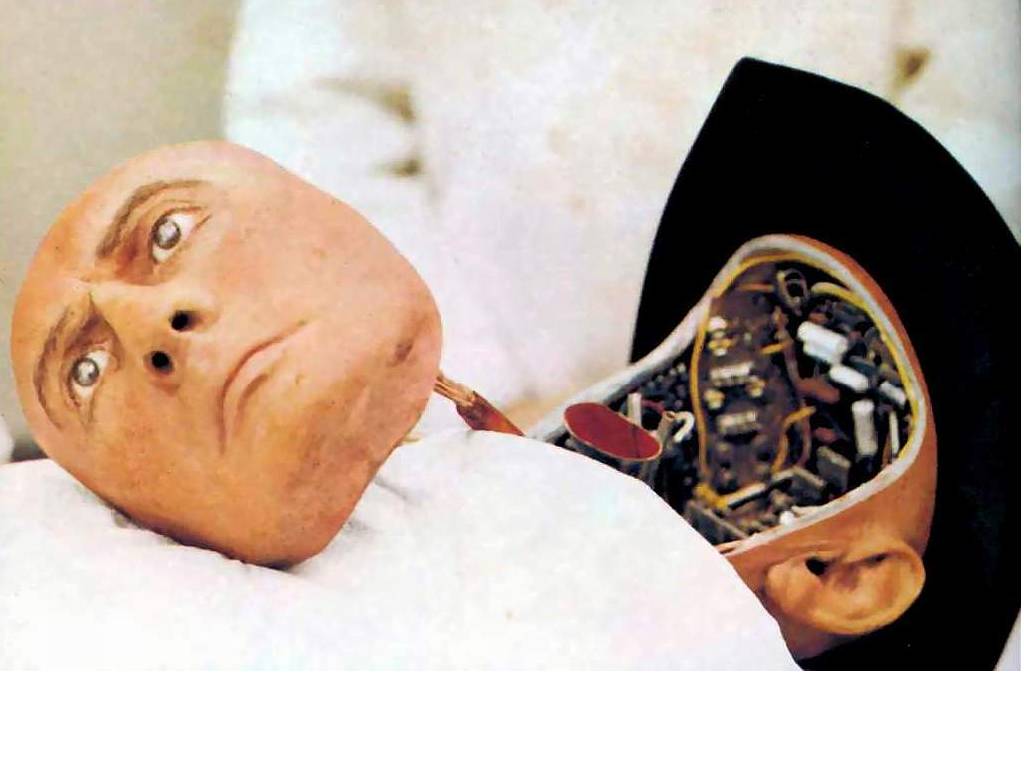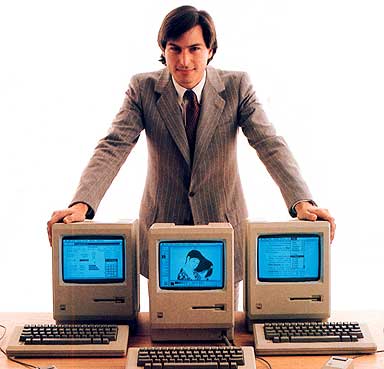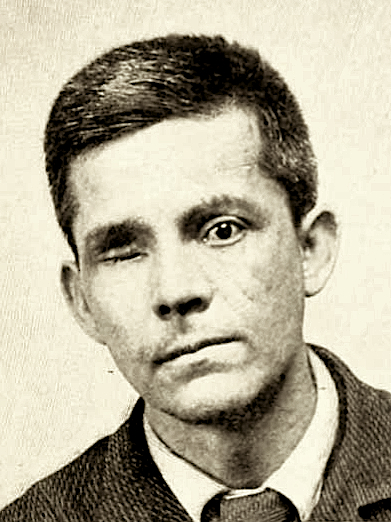“Val Steiniger keeps an osyter saloon in the basement of the tenement 104 East Fourth Street, New York. He is fat and prosperous and fond of a joke. It was entirely in keeping with the man and his ways that he should be fast asleep in his bed this morning at an hour when the police had him down in the blotter at the Thirteenth Precinct as dead. This is a copy of the record telegraphed to police headquarters at daybreak:
‘Valentine Steiniger, of 104 East Fourth Street, jumped off a Houston Street ferryboat at 2:35 a.m. and was drowned. Body not recovered.’
About the hour this dispatch was wired there came a thumping rap on the Steinigers’ door. A policeman stood there with the message that Val Steiniger’s friends were wanted at the station. Steininger himself, after a turn or two in bed, got up and went along, thinking that someone was in trouble and wanted to help him out.
‘Well,’ he said to the sergeant, ‘what is wanted?’
‘Val Steiniger is drowned,’ said that official, briefly.
‘The dickens he is,’ gasped the oysterman. ‘He was just in his bed, sleeping.’
‘I can’t help that,’ said the sergeant. ‘He is dead. Here is the note.’ And he produced a policy slip upon which was scratched, with a pencil:
‘MY DEAR WIFE–I am sorry it has come to this.–Val Steiniger.’
‘Where was the note found?’ asked Steiniger.
The sergeant told him in the pocket of a pair of trousers found along with a pair of old shoes on a Houston Street ferryboat when it was halfway across to Brooklyn, between 2 and 3 o’clock this morning. It was as plain as the nose on a man’s face that Steiniger had left them there when he jumped overboard. The oysterman recognized in the trousers an old and patched pair he had worn Saturday night on the sloop. Joe Martin, an inveterate joker, had dared him to take them off where he stood and sell them to him for $1, and he had turned the joke on him by pulling them off and handing them over on the spot. Evidently the thought of having some fun at Steiniger’s expense had occurred to Martin, with the result of all this commotion. It was all clear to Steiniger in a moment.
‘Well, nobody is dead,’ he said, handing back the slip.
‘I just informed you,’ said the official at the desk, stiffly, ‘that Val Steiniger has drowned himself. It is here on this blotter. What more do you want?’
“But I am Val Steiniger,’ said the oysterman, ‘and I am not dead.’
‘Then,’ said the sergeant, promptly, ‘it must be your brother. Have you one?’
‘I have six,’ said Steiniger.
“Any of them married?’
‘Yes, two of them are married, but one went to Syracuse yesterday and the other is alive and well. Somebody has been a-fooling you, sergeant.’
And Mr. Steiniger went home to sleep, while the sergeant gravely entered on his returns to headquarters that he was dead.”•

